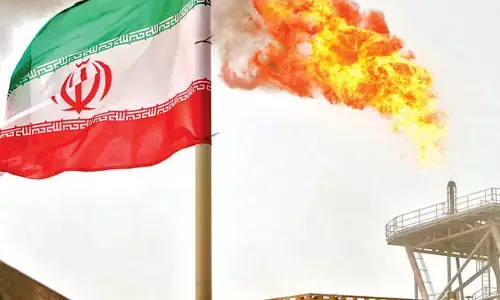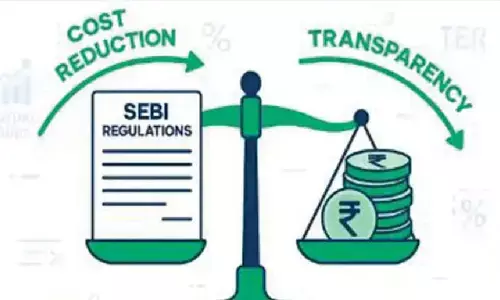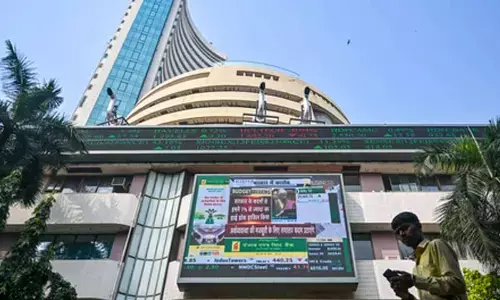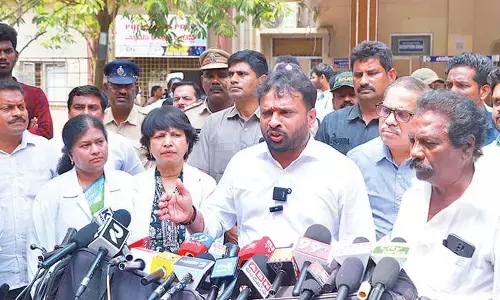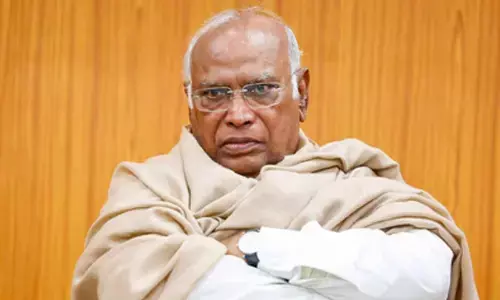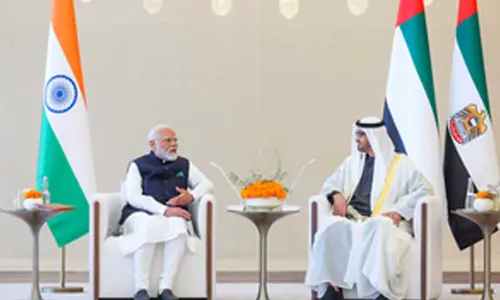Pak never seriously cracked down on militant groups that attack India: NYT
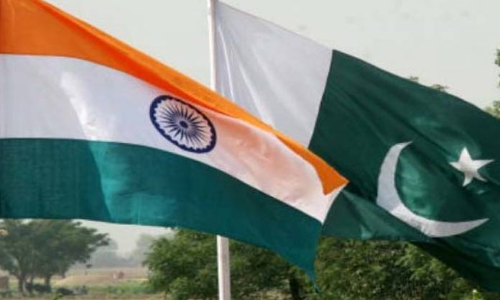
Pakistan has never seriously cracked down on militant groups that attack India, a leading US daily has said, warning that the threat of nuclear war between the two nations remains as a longterm solution to the conflict is unlikely without international pressure
New York: Pakistan has never seriously cracked down on militant groups that attack India, a leading US daily has said, warning that the threat of nuclear war between the two nations remains as a long-term solution to the conflict is unlikely without international pressure.
The New York Times in an Op-ed titled 'This Is Where a Nuclear Exchange Is Most Likely. (It's Not North Korea.)' said the current focus on North Korea's growing arsenal obscures the fact that the most likely trigger for a nuclear exchange could be the conflict between India and Pakistan. The paper said the relative calm after last week's confrontation between the two nations is not a solution.
"As long as India and Pakistan refuse to deal with their core dispute — the future of Kashmir — they face unpredictable, possibly terrifying, consequences," it said. The current crisis started on February 14, when a suicide bomber killed at least 40 CRPF personnel in Pulwama. Pakistan-based militant group Jaish-e-Muhammed took responsibility for the attack. While the JeM is on America's list of terrorist organisations and is formally banned in Pakistan, the group has been protected and armed by the Pakistani intelligence service, the paper said.
India launched a counter-terror operation in Balakot on February 26. The next day, Pakistan Air Force retaliated and downed a MiG-21 in an aerial combat and captured its pilot, who was handed over to India on March 1. The situation could have easily escalated, given that the two countries have fought three wars over 70 years, maintain a near-constant state of military readiness along their border and have little formal government-to-government dialogue. The next confrontation might not end so calmly, the paper said. The two countries have crossed into dangerous territory, with India attacking Pakistan and engaging in aerial duels. The next confrontation, or the one after that, could be far more unthinkable, it said. Pakistan has never seriously cracked down on militant groups that attack India.
Pakistani authorities said they detained 121 members of various armed groups, including a brother of Masood Azhar, the head of Jaish-e-Muhammrd, and planned to seize assets of militants on the United Nations terrorist list. But Pakistan has rarely followed through on such promises, the paper said. Without international pressure, a long-term solution is unlikely, and the threat of nuclear war remains. China is a major ally and lender to Pakistan, and if it stopped blocking moves in the United Nations Security Council to add Azhar to the United Nations terrorist list, it would signal to Pakistan that it has to curb the militant groups, the daily said.




